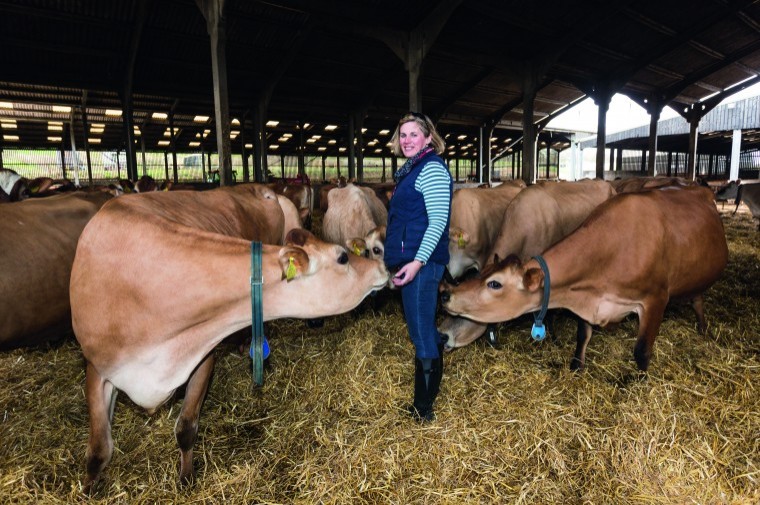January is traditionally a quieter month in the calendar, although this year I’m beginning to disagree. Life has been chaotic, with so much to achieve and never enough daylight hours. Scanning has been completed, revealing an average lambing percentage for us this year. Fingers crossed for an easy lambing time.
I was reading an in-depth article the other day and found some interesting points. “Go Vegan,” they said; “Save the world,” they said. Is a plant-based diet as good as people think for the environment?
I was listening rather half-heartedly to the radio when they were talking about the success of Veganuary. I rather thought it was completely the opposite and a complete PR disaster for them. Allegedly over two million animals were saved in the month of January and 150,000 people signed up for Veganuary in the UK, although only 10% vowed to continue a vegan lifestyle, with just 1% succeeding.
In my last article I steered away from talking about this as I felt that the less publicity the better, but why? I wouldn’t want to be a Veganuary propagandist this January, even though they can rely on great media coverage feeding into the fantasy that mock meats are awash in our supermarkets and are pushing meat into extinction.
Meat sales are most definitely up over the past six to 12 months. In 2021 we spent an extra £600 million on meat compared with 2020, a 5.3% increase in sales value. The anti-meat lobbyists’ mission is to halve our meat consumption by 2030, but this looks set to fail.
Plant-based, look-a-like meat that costs the earth and I’m sure tastes disgusting may be taking up more shelf space at the supermarkets, but the local farm shops and butchers are still doing a roaring trade. In a month where the UK would produce the least amount of home-produced fresh fruit and veg, why promote Veganuary?
Mexico now makes more money from exporting avocados than it does from petroleum. The popularity of avocado has encouraged illegal deforestation to enable the plantation of more avocado trees. Is this environmentally friendly? Is this sustainable?
The key word in everything we do nowadays is sustainability. In the month of January I decided that we would reduce our reliance on single-use plastic. We could only use the plastic that we already had in the house. Oops, I can now confirm that it is nearly impossible to stop using plastics at all. The list of food that is packed in plastic seemed to be never-ending.
I found a fabulous shop in the local town where I could take my containers and fill up with the essentials, but is this environmentally friendly? A 20-mile round trip and I found I could only achieve 20% of my weekly shop; then a trip to the supermarket on top.
A cucumber wrapped in plastic will last approximately two weeks longer than a naked one. Whether or not you opt for plastic-free fruit and veg could depend on how often you shop. If you shop daily, it’s far easier to go plastic free than if you shop twice a month. If you don’t shop regularly, feel no guilt if you buy the plastic wrapped cucumber as it is better environmentally and financially to make it last longer than have it go to waste.
Food waste, or should I say sell-by/use-by dates, also have complications. A rule in our house is that if it looks good and smells good, eat it. Yogurts last for an age, as do many of the products with a short sell-by date; a little bit of mould hasn’t done any of my children any harm – although, they would probably disagree. Having slightly over ordered on the parsnips for Christmas, the freezer is now full of curried parsnip soup. Waste not, want not.




